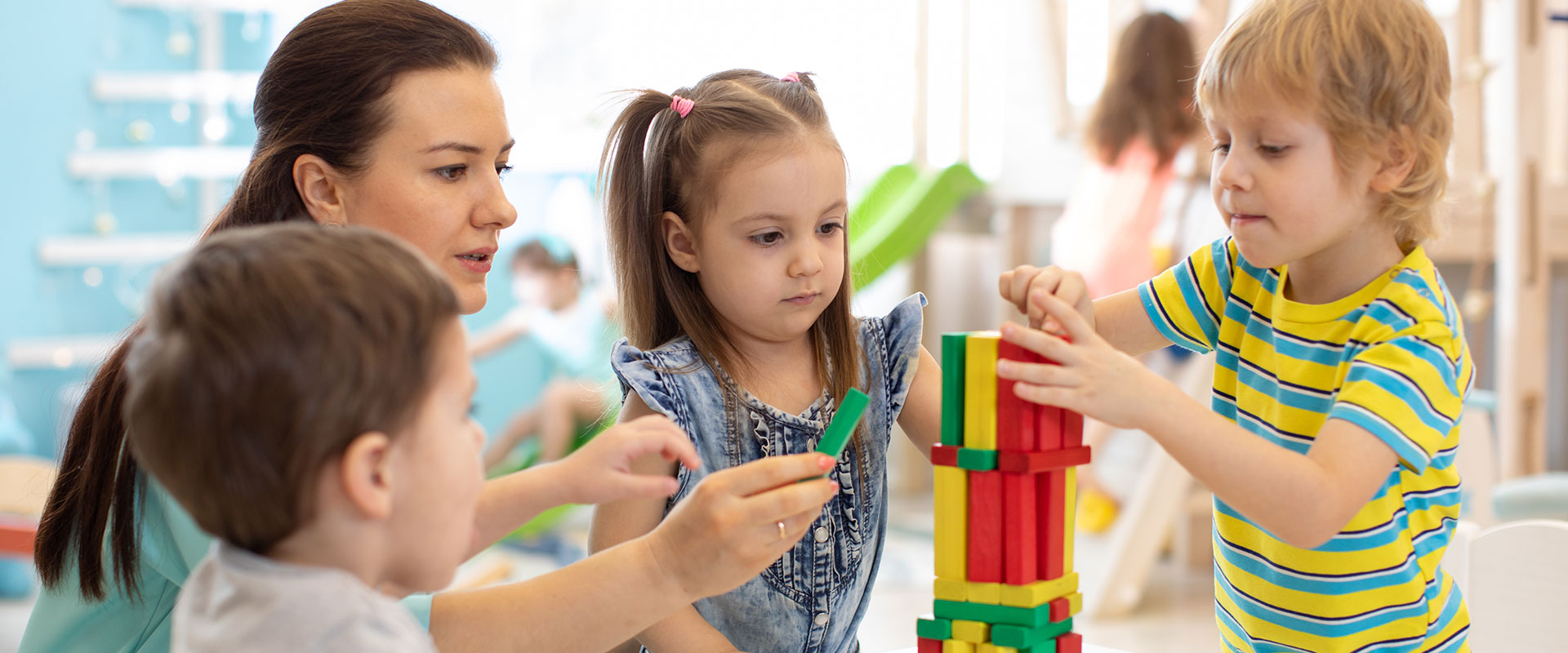 Source: bing.com
Source: bing.comTable of Contents
The Importance of Early Childhood Education
As a parent, you want what’s best for your child. You want them to grow up happy, healthy, and successful. That’s why early childhood education is so important. The foundation of a child’s development is laid in their early years – from birth to age five. During this time, children learn and develop at a rapid pace, making it the perfect opportunity for parents to lay the groundwork for their future success.
Baby Development Milestones
Every child is unique, and they develop at their own pace. However, there are certain milestones that most babies reach around the same time. Here are some of the major baby development milestones you can expect during your child’s first year:
1. Rolling Over
Most babies learn to roll over from their tummy to their back by about 4 months old. Rolling from their back to their tummy usually comes a bit later, at around 5 or 6 months old.
2. Sitting Up
Babies typically start sitting up on their own between 4 and 7 months old. They may need some support at first, but as their core muscles get stronger, they’ll be able to sit up without assistance.
3. Crawling
Crawling is a major milestone for babies, and it usually happens between 6 and 10 months old. Some babies skip crawling altogether and go straight to walking, while others may take a bit longer to get the hang of it.
4. Standing and Walking
Standing and walking are huge milestones that most babies reach between 9 and 12 months old. Some babies may start walking a bit earlier, while others may take a bit longer to get the hang of it.
The Benefits of Early Childhood Education
Early childhood education has a number of benefits for both children and parents. Here are just a few:
1. Socialization
Early childhood education provides children with an opportunity to socialize with other children their age. This helps them develop social skills and learn how to interact with others.
2. Cognitive Development
Early childhood education programs typically include activities that promote cognitive development, such as reading, writing, and problem-solving. These activities help children develop their brains and prepare them for future academic success.
3. Emotional Development
Early childhood education also helps children develop emotionally. They learn how to express their feelings and communicate with others, which can help them form healthy relationships throughout their lives.
Frequently Asked Questions About Early Childhood Education and Baby Development
1. When should I start thinking about early childhood education for my child?
It’s never too early to start thinking about your child’s education. Even from birth, you can start engaging with your child in ways that promote their learning and development.
2. How can I tell if my baby is developing on track?
Every baby is unique, but there are certain milestones that most babies reach around the same time. If your baby is hitting these milestones, they’re likely developing on track. However, if you have concerns about your baby’s development, talk to your pediatrician.
3. Do I need to enroll my baby in a formal early childhood education program?
Formal early childhood education programs can be beneficial for children, but they’re not the only option. You can also engage with your child at home in ways that promote their learning and development.
4. How much should I be involved in my child’s early childhood education?
As a parent, you play a crucial role in your child’s early childhood education. Engage with your child in ways that promote their learning and development, and work with their teachers or caregivers to ensure they’re getting the support they need.
5. What can I do to support my child’s early childhood education at home?
There are many things you can do to support your child’s early childhood education at home. Read to your child, engage in activities that promote cognitive and motor skills, and encourage socialization with other children. Talk to your child’s caregiver or teacher for more ideas.In conclusion, early childhood education lays the foundation for your child’s future success. By understanding baby development and promoting learning and development from a young age, you can help set your child up for a lifetime of success. Remember, every child is unique, so don’t worry if your baby doesn’t hit every milestone at the same time as other babies. If you have concerns about your baby’s development, talk to your pediatrician.
